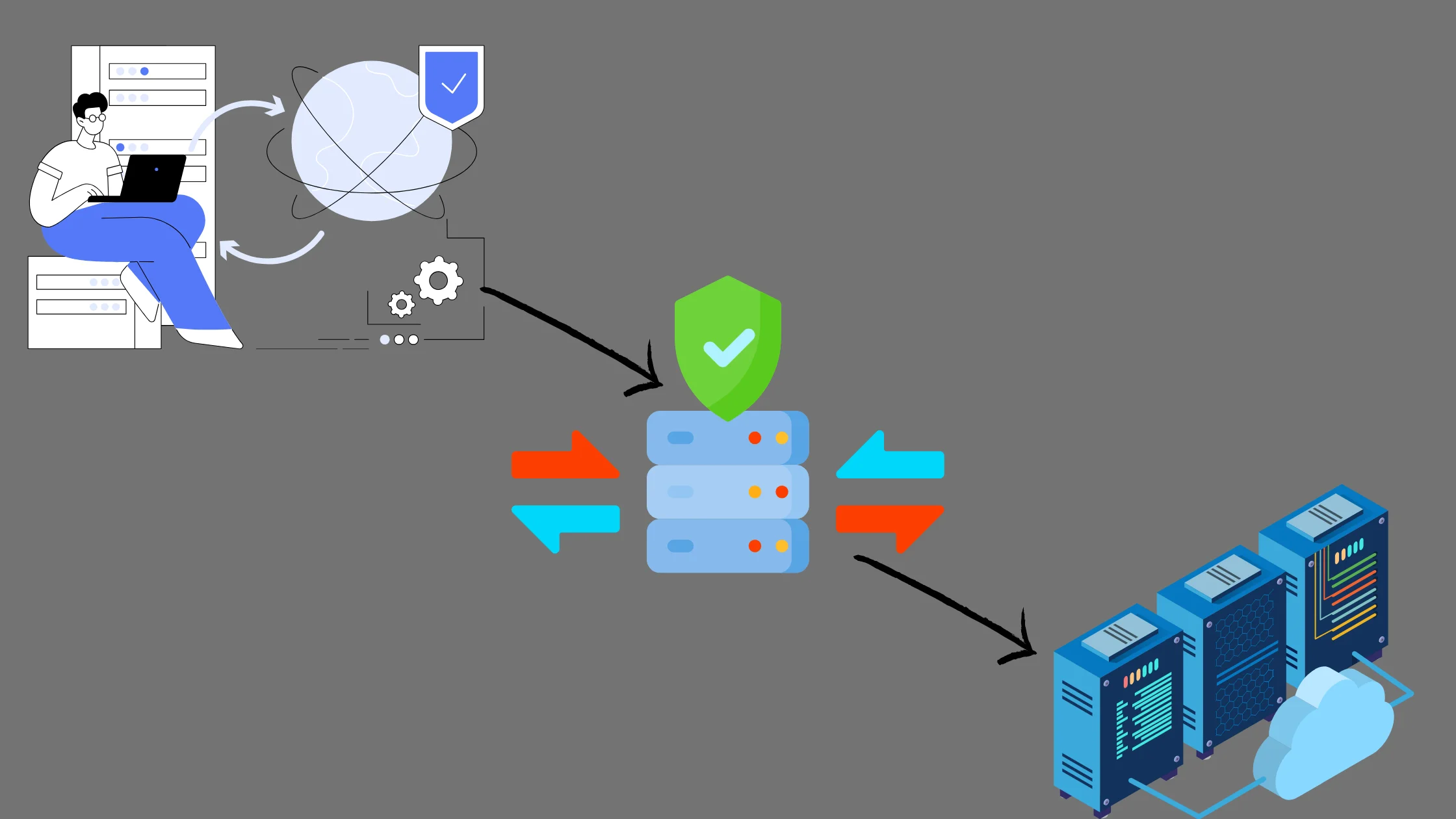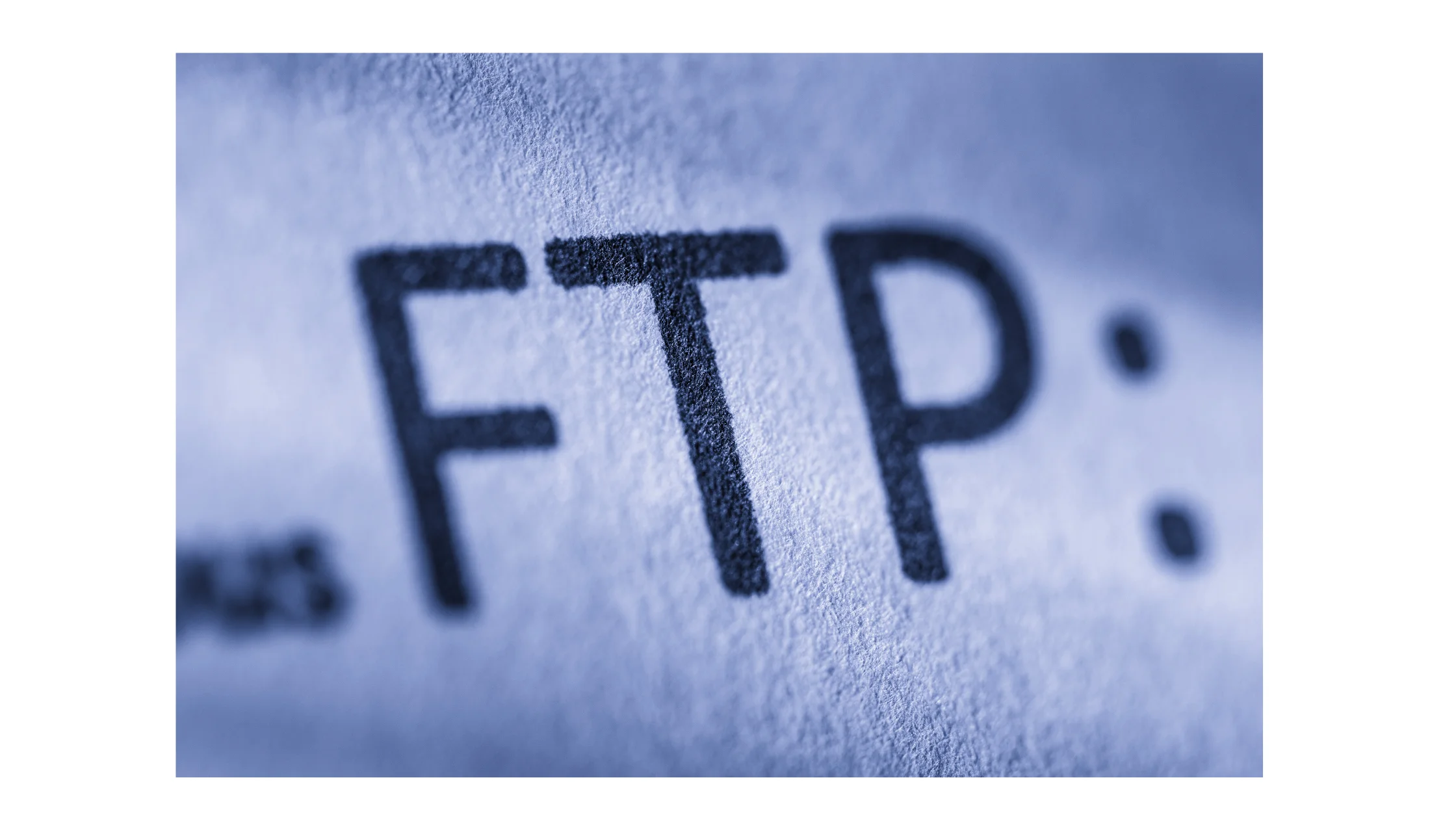Understanding UDP proxies is beneficial because it provides insights into how they function, their various applications, and the distinctions from HTTP proxies.
This knowledge proves valuable for anyone navigating the complexities of networking and proxies, offering a clearer picture of their roles and significance. Here are some reasons why you should know about UDP proxies.
What Is a UDP Proxy?

A UDP proxy acts as a helpful go-between for your computer and a server, handling a specific type of communication called UDP (User Datagram Protocol).
UDP is a quick way to send data without worrying too much about perfection. Unlike another method called TCP, which cares a lot about fixing mistakes, UDP is all about speed.
It’s commonly used in things like online games and video calls, where it’s more important to get information fast than to make sure it’s flawless.
The UDP proxy helps make sure everything runs smoothly in these fast online activities.
How a UDP Proxy Server Works?

A UDP proxy server handles UDP packets in a few simple steps when a computer (client) sends a UDP packet to a server, the proxy server steps in and takes control of it.
Next, it sends that packet on to the intended server. When the server replies with its own UDP packet, the proxy server catches it again and sends it back to the original computer.
This process makes it seem like the data is coming from the proxy server, not the client, which helps hide the client’s identity from the server.
UDP is a bit different from the usual protocols proxies deal with, like HTTP. This difference allows UDP proxies to work with various other protocols like FTP, DNS, and SMTP.
Depending on how it’s set up, a UDP proxy may modify the packet slightly before sending it.
A UDP proxy can keep the client’s identity safe by balancing the load and translating between different protocols.
UDP Proxy Benefits and Use Cases
A UDP proxy server brings several advantages:
- Security and Anonymity: It helps keep your identity hidden, making it harder for the server you’re connecting to figure out who you are.
- No Traffic or Protocol Limits: Unlike some proxies, this one can handle various types of internet traffic. It’s not picky and can work with different protocols, providing more flexibility.
- Great Performance: Because UDP doesn’t waste time checking every packet like TCP does, the proxy is really good at quickly sending information. This means it performs well and gets things done efficiently without slowing down.
UDP proxy servers are popular in certain situations because of their specific benefits:
- Real-time Communication: For live voice communication in applications like VoIP, UDP proxies manage the smooth flow of voice data between users.
- IoT (Internet of Things) Communication: IoT devices often use UDP for efficient performance, and a proxy at this level can optimize how packets are handled, enhancing communication.
- Firewall Bypass: When firewalls or NAT devices create hurdles for direct communication between two points, UDP proxies step in to relay packets, facilitating communication.
- Gaming: UDP benefits online games that value low latency. Using a proxy can streamline traffic, reduce delays, and enhance the overall gaming experience.
- Multicast Applications: UDP proxies efficiently handle multicast traffic, ensuring data is distributed effectively to multiple recipients.
These scenarios are specific and less general than the uses of an HTTP proxy. Choosing between them depends on your specific needs and the nature of your online activities.
UDP Proxies vs HTTP Proxies

There are various types of proxies, and among the most well-known are UDP and HTTP proxies.
Each has its role, and here, I’ll explore how they work, their security features, and their performance differences. Without getting too technical, let’s compare these two types of proxy servers.
1. Functionality
UDP proxies are designed to handle User Datagram Protocol (UDP) traffic, which is a fast and lightweight way of communicating. They work well for real-time applications like VoIP, online gaming, and streaming, particularly where low latency is important. However, not all tools support them.
On the flip side, HTTP proxies specialize in Hypertext Transfer Protocol (HTTP) traffic. They are geared towards web-related activities such as browsing, downloading files, and web scraping.
Operating at the application layer of the OSI model, they can inspect and modify web traffic.
For instance, they can read and alter HTTP headers for improved anonymity. HTTP proxies are extremely popular, and most HTTP clients and many other tools naturally support them.
2. Security
UDP proxies enhance security by hiding the user’s identity, offering a degree of anonymity and defense against certain cyber threats and anti-bot solutions.
However, UDP itself lacks built-in security features, so additional precautions like encryption might be necessary when transmitting sensitive data.
In contrast, HTTP proxies not only conceal user identities but also come with advanced security capabilities.
They can filter web content according to set rules, block malicious sites, and offer secure access control. Moreover, HTTP proxies often support HTTPS, adding an extra layer of encryption to protect data during transit.
3. Performance
For performance, a UDP proxy excels in situations where swift data delivery is crucial. UDP’s connectionless nature, with minimal overhead and no handshakes, enables rapid packet delivery.
Conversely, an HTTP proxy prioritizes delivering strong performance for web-related tasks.
It can cache frequently visited content, reducing load times for future requests. However, the additional processing involved in modifying and inspecting web traffic may introduce some overhead.
Should You Use UDP Proxies?
Check out the summary table below before answering the question. Let’s also compare SOCKS proxies for a more complete comparison:
| Proxy Type | Functionality | Security | Performance |
| UDP Proxy | Handles UDP traffic in real-time applications | It introduces anonymity but requires additional measures for security | Excellent for low-latency and quick packet delivery |
| SOCKS Proxy | It supports various protocols, but not all tools can integrate with them | It introduces anonymity but provides limited security features | Good overall performance |
| HTTP Proxy | It is tailored for web-related activities, but not all tools can integrate | It introduces anonymity and can offer advanced security features | Efficient for web activities but introduces some overhead |
Choosing between UDP, SOCKS, or HTTP proxies depends on your specific needs. HTTP proxies are widely used for routing, protecting, and anonymizing web traffic, making them a popular choice for general scenarios.
However, UDP proxies shine in situations requiring low latency and diverse protocol usage. SOCKS proxies are versatile and can work with different protocols too.
Opting for a reliable proxy provider offering both HTTP and SOCKS proxies ensures coverage for various use cases.
FAQs
What is a UDP proxy?
A UDP proxy is a gateway that acts as a middleman for UDP (User Datagram Protocol) traffic between a client and a server. UDP is a lightweight, connectionless transport layer protocol known for its low overhead and fast data transmission.
What's the difference between TCP and UDP proxy?
TCP (Transmission Control Protocol) and UDP (User Datagram Protocol) differ in that TCP is connection-based, while UDP is connectionless. TCP is more reliable but slower in data transfer, whereas UDP is less reliable but faster.
Does HTTP proxy support UDP?
No, HTTP proxies do not support UDP. UDP proxies specifically handle the UDP protocol, while HTTP proxies are designed for HTTP/HTTPS protocols.
Quick Links:
Conclusion
Thus, I hope you have learned about UDP proxy servers and how they work as relays for data transmission using UDP.
I have discussed what makes UDP proxies different from traditional HTTP proxies. This information will help you decide when it’s suitable to use UDP proxies based on your needs and preferences.
If there is anything you need help with, you may write it down in the comments section; I shall try my best to help you.
